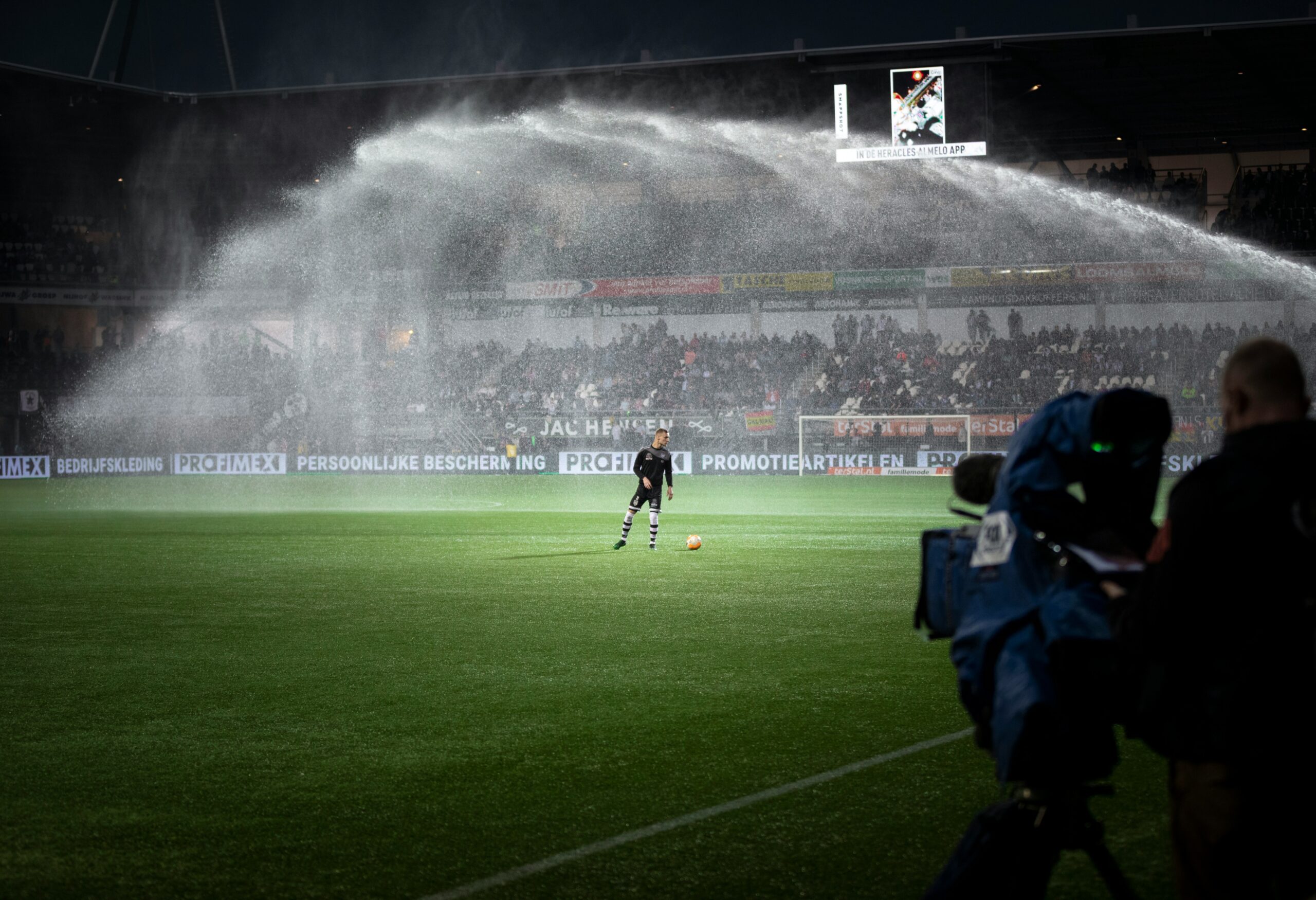Steps to Becoming a Professional Rugby Player
Becoming a Professional Rugby Player: Steps to Success in the Action-Filled World of Sports
Playing rugby at a professional level requires dedication, skill, and a passion for the sport. It is a physically demanding game that requires mental toughness and strategic thinking. If you dream of becoming a professional rugby player, here are some steps you can take to increase your chances of success:
1. Start Early and Develop a Strong Foundation
Many professional rugby players start playing the sport at a young age. If you have a passion for rugby, it’s important to start early and develop a strong foundation of skills. Join a local rugby club or school team to get regular practice and game time. Focus on improving your passing, tackling, kicking, and decision-making abilities.
Additionally, work on building your physical fitness. Rugby requires strength, speed, agility, and endurance. Incorporate a well-rounded fitness routine that includes cardiovascular exercises, strength training, and flexibility work.
2. Seek Coaching and Guidance
While playing for a local team is a great start, seeking coaching and guidance from experienced professionals can take your game to the next level. Look for opportunities to train with qualified coaches who can provide expert advice and help you refine your skills. They can also guide you in developing a training plan that focuses on your specific needs and goals.
Consider attending rugby camps and clinics where you can learn from top coaches and interact with other aspiring players. These events provide valuable networking opportunities and can expose you to different coaching styles and techniques.
3. Play at a Higher Level
As you progress in your rugby journey, aim to play at a higher level. Seek opportunities to compete in regional or national tournaments and trials. This will expose you to stronger competition and help you gauge your skills against other talented players.
If possible, try to secure a spot on a representative team or academy. These programs are designed to identify and develop promising players. Playing at a higher level will challenge you and push you to improve your game.
4. Focus on Skill Development
Becoming a professional rugby player requires continuous skill development. Identify areas of your game that need improvement and work on them consistently. Whether it’s your tackling technique, lineout throws, or kicking accuracy, dedicate time to honing your skills.
Watch professional rugby matches and study the techniques of the best players in your position. Analyze their decision-making, positioning, and execution. Incorporate what you learn into your own game and practice those skills until they become second nature.
5. Maintain a Positive Attitude and Mental Toughness
Rugby is a physically demanding sport, but it also requires mental toughness. Professional players face challenges and setbacks, but it’s important to maintain a positive attitude and persevere. Develop mental resilience by setting goals, visualizing success, and staying motivated even in the face of adversity.
Stay disciplined and committed to your training and preparation. Surround yourself with a supportive network of coaches, teammates, and mentors who can provide guidance and encouragement along the way.
Conclusion
Becoming a professional rugby player is a journey that requires hard work, dedication, and a love for the sport. Start early, develop a strong foundation of skills, seek coaching and guidance, play at a higher level, and focus on continuous skill development. Maintain a positive attitude and mental toughness, and never lose sight of your passion for the game. With perseverance and the right opportunities, you can turn your dream of becoming a professional rugby player into a reality.

